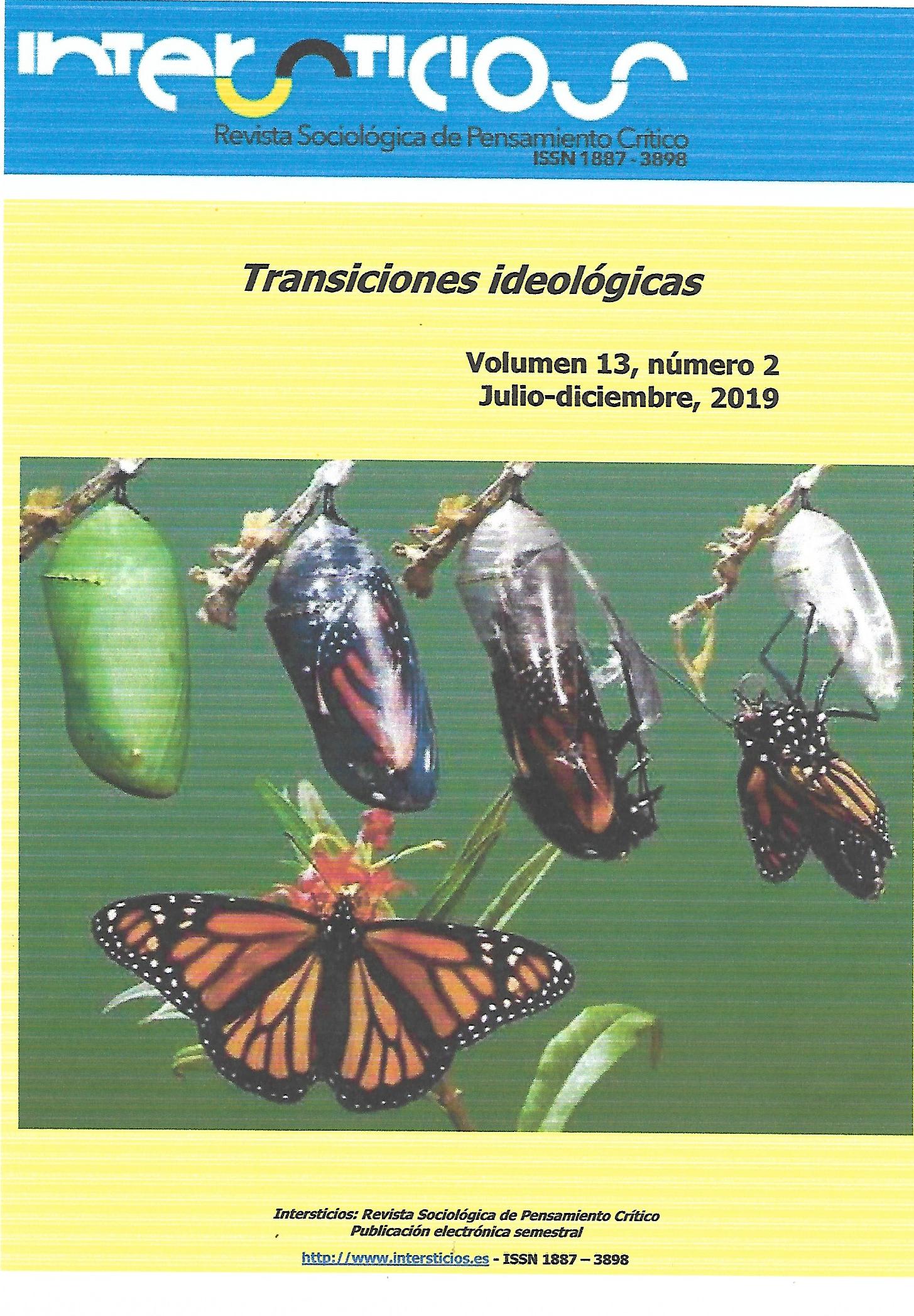Ensamblajes socio-técnicos y complejidad social
Abstract
El paradigma de los sistemas complejos constituye un marco fructífero para describir y explicar procesos de cambio social integrando ideas procedentes del funcionalismo, el materialismo cultural, la sociología de las organizaciones, y las teorías de las redes de agentes. En este trabajo analizamos el mecanismo que convierte la acción social desordenada en ensamblajes socio-técnicos y en instituciones. La formación y persistencia de las instituciones deriva de que las emergencias de la acción colectiva produce una atracción hacia comportamientos pautados capaces de re-producirla. Este planteamiento ayuda a explicar el principio de primacía de la infraestructura social defendido por el materialismo cultural, el que la estabilidad de las instituciones sea siempre provisional y el que muchas emergencias de una institución sean no intencionales. Usamos estos conceptos para explicar la aparición de algunos sistemas (y redes de sistemas) socio-técnicos que han tenido una importancia especial en la historia de las sociedades, tales como las redes de dominación a distancia, o el Estado. Este análisis sugiere que, si la desigualdad va a constituir un problema a evitar en una futura sociedad sostenible, habría que institucionalizar que los puestos de autoridad política fueran impermanentes y que la propiedad privada no pueda ser heredada familiarmente. Socio-technical assemblies and social complexity The theory of complex systems constitutes a fruitful framework to describe and explain processes of social change integrating ideas from functionalism, cultural materialism, the sociology of organizations, and the theories of agent networks. In this paper we analyze the mechanism that turns disordered social action into socio-technical assemblies and into institutions. The formation and persistence of institutions derives from the fact that the emergencies of collective action produce an attraction towards patterned behaviors capable of re-producing it. This approach helps to explain the principle of primacy of the social infrastructure defended by cultural materialism, that the stability of institutions is always provisional and that many emergencies of an institution are unintentional. We use these concepts, to explain the appearance of some socio-technical systems (and systems networks) that have had a special importance in the history of societies, such as remote domination networks, or the State. This analysis suggests that, if inequality is going to be a problem to avoid in a future sustainable society, it would be necessary to institutionalize that positions of political authority were impermanent and that private property were inheritable by families.Downloads
Published
2019-08-22
Issue
Section
TEORÍA Y METODOLOGÍA









